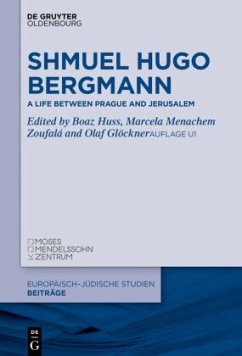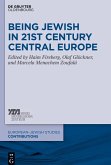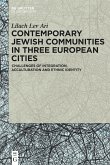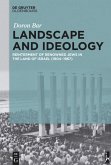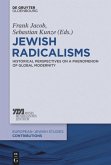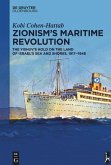In recent years, the interest on life and work of the Jewish writer, philosopher, mystic and politician Shmuel Hugo Bergmann (1883-1975) has perceptibly increased. Well-known as a protagonist of the famous "Prague Circle", Bergmann headed for Palestine in 1920, became the driving force for building the Jewish National Library in Jerusalem and finally advanced as first Rector of the Hebrew University. All his life, close ties to the Czech Republic remained.
In the State of Israel, Bergmann became a leading philosopher and highly admired cultural figure. He himself showed great interest in world religions, mysticism, and Western esotericism. Bergmann also emerged as an important point of reference for left-wing Israeli discourse. Up from the late 1920ies has was one of the protagonists of the "Brit Shalom", an initiative which called for an advocated peaceful coexistence of Jews and Arabs and a bi-national State in Israel/Palestine.
In this volume, distinguished historians, scholars of religion, and cultural scientists conflate a fascinating life story of a man who always worked on social and educational improvements and searched for fairness and deeper truths in a world full of conflict and antagonisms.
In the State of Israel, Bergmann became a leading philosopher and highly admired cultural figure. He himself showed great interest in world religions, mysticism, and Western esotericism. Bergmann also emerged as an important point of reference for left-wing Israeli discourse. Up from the late 1920ies has was one of the protagonists of the "Brit Shalom", an initiative which called for an advocated peaceful coexistence of Jews and Arabs and a bi-national State in Israel/Palestine.
In this volume, distinguished historians, scholars of religion, and cultural scientists conflate a fascinating life story of a man who always worked on social and educational improvements and searched for fairness and deeper truths in a world full of conflict and antagonisms.

